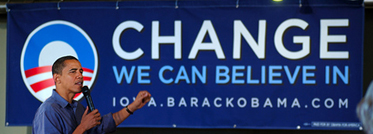 The great sociologist Charles Tilly died today. I did not have the good fortune of being one of his advisees, but he was certainly a presence in my old department. Kieran Healy over at Crooked Timber:
The great sociologist Charles Tilly died today. I did not have the good fortune of being one of his advisees, but he was certainly a presence in my old department. Kieran Healy over at Crooked Timber:
Tilly was a comparative and historical sociologist, an analyst of social movements, a social theorist, a political sociologist, a methodological innovator—none of these labels quite capture the scope of his work. I think of him as someone who was interested in the general problem of understanding social change, and he attacked it with tremendous, unflagging energy.
And Dan Nexon, who was one of his students, from the acknowledgments of his forthcoming book:
What can I possibly say about Chuck Tilly that an endless number of his students and peers have not already written in their prefaces? I hope the others I thank will take no offense if I describe him as the most powerful intellect I have ever encountered in the social sciences. I expect that people will still be reading and debating his enormous and varied corpus of work for decades to come. Yet Chuck treats all of his students as members of an intellectual community of equals. He seeks out their opinions; he discusses his own views with humility and an open mind.
Columbia University’s announcement:
President of the Social Sciences Research Council Craig Calhoun called Tilly “one of the most distinguished of all contemporary social scientists,“ adding: “He is the most influential analyst of social movements and contentious politics, a path-breaker in the historical sociology of the state, a pivotal theorist of social inequality.”
“His intellectual range and level of productivity are virtually unrivaled in the social sciences,” said Columbia sociology Professor and Chair Thomas DiPrete. Adam Ashforth, professor of anthropology and political science at Northwestern University, described Tilly as “the founding father of twenty-first century sociology.”










 In the Left Business Observer, Henwood on
In the Left Business Observer, Henwood on 

